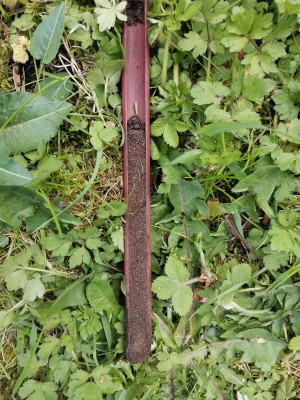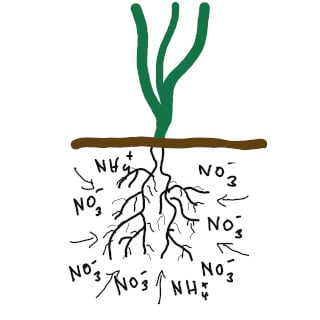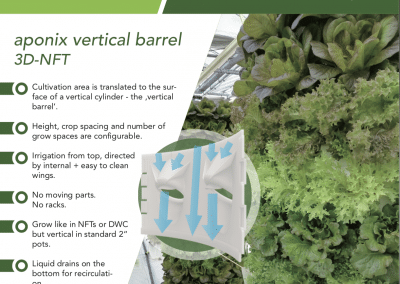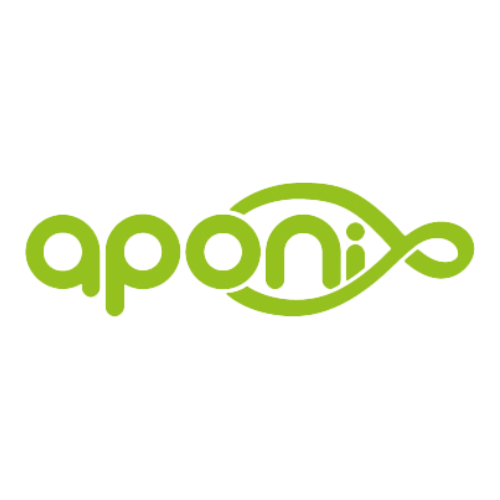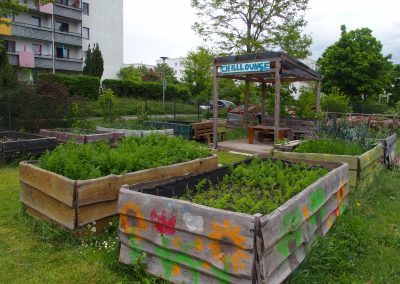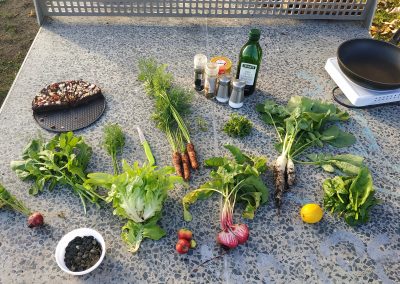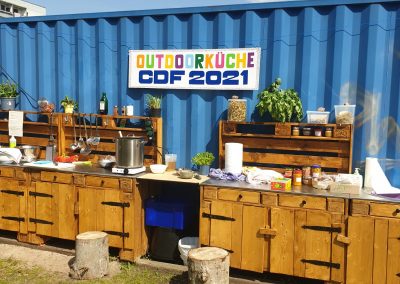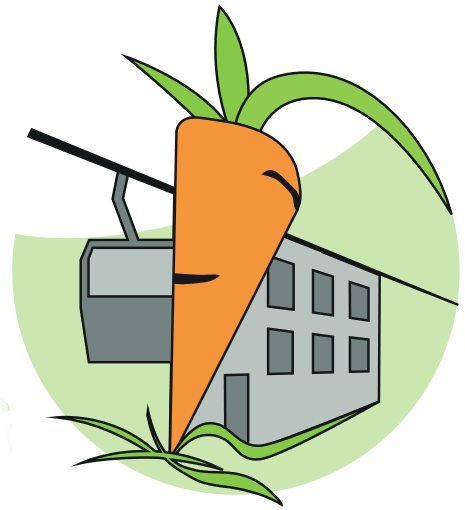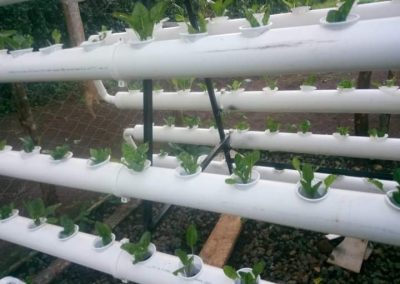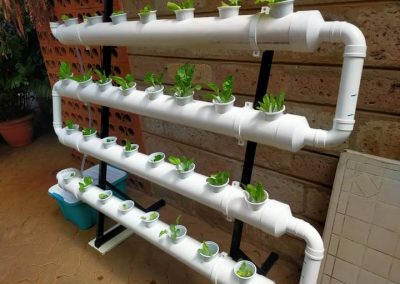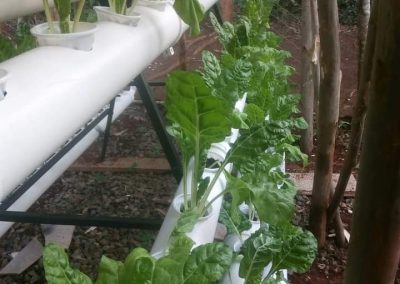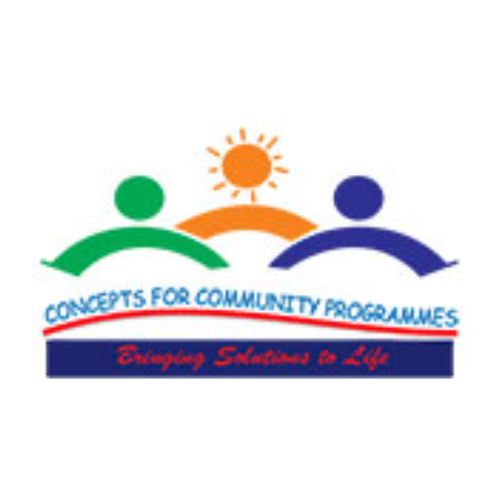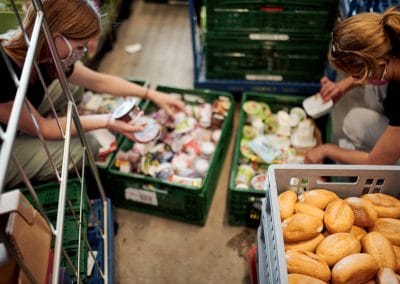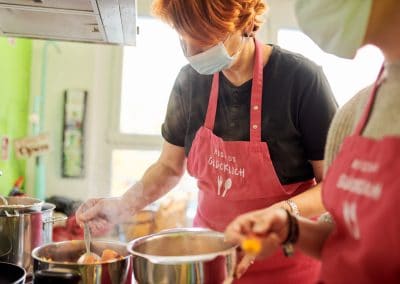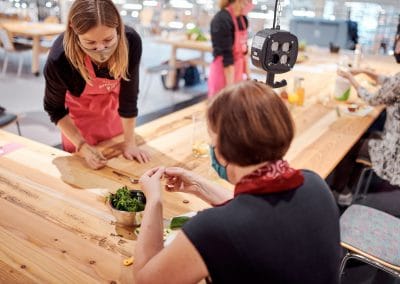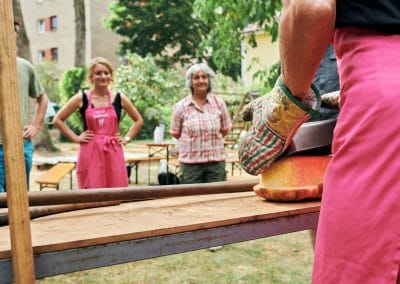Kompostino
Kompostino
Twice as much carbon is stored in soils as in the atmosphere and three times as much as in terrestrial vegetation. However, 75% of them are degraded worldwide through erosion, salinization, overexploitation or desiccation and are increasingly losing their storage capacity for CO2. The CO2 escapes and then circulates permanently in the atmosphere as a greenhouse gas.
This process can be reversed using regenerative methods so that soils regain their natural function and absorb the released CO2 again.
The aim of Kompostino is to convert urban green spaces into CO2 storage. We create green habitats in which natural diversity can develop. Our focus is on restoring living soils, in which microorganisms are spreading. Soils receive vitality – the requirement for biodiversity, water storage, CO2 binding and healthy food.
Companies, builders, property owners work with us to build up sustainable CO2 storage, water reservoirs, and biodiversity by building humus.
Contact:
stefanie.harwart@kompostino.de
Germany, 12105 Berlin, Marienhöher Weg 42
[ess_grid alias="grid-1"]
Updates für diese Seite an EdiCitNet schicken
Wir freuen uns, wenn du uns Updates für diese Seite per E-Mail schickst.

